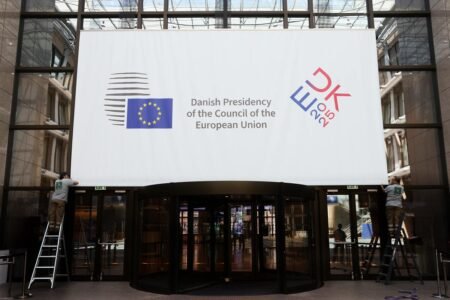(BRUSSELS) – EU ministers provided a boost to Europe’s data economy Friday, signing off on a new directive aimed at removing obstacles to the free movement of non-personal data within the EU.
The new rules are expected to create legal certainty for businesses so that they can process their data anywhere in the EU, as well as raising trust trust in cloud computing and counter vendor lock-in. As a result European businesses can benefit from a more competitive cloud market and advanced operational efficiency.
“The free flow of data is key for growth and creating jobs, and will provide more flexibility for our companies,” said Austria’s Minister for Digital and Economic Affairs Margarete Schramboeck: “From now on they will be able to choose the cloud provider that suits them best.”
The new rules are designed to boost the data economy and the development of emerging technologies such as cross-border autonomous systems and artificial intelligence. A provisional deal was concluded with the European Parliament on 19 June 2018.
The reform bans data localisation restrictions imposed by member states on the geographical location for storing or processing non-personal data, unless such restrictions are justified on grounds of public security. Member states’ authorities will continue to have access to data even when it is located in another country. Data may need to be accessed for example for the purposes of regulatory or supervisory control.
The regulation also encourages the development of codes of conduct to make it easier for users of data processing services to switch providers or to port their data back to their own IT systems.
The Council vote concludes the legislative procedure at first reading. The European Parliament voted on 4 October. The regulation is now set to be signed by both institutions during the Parliament’s plenary session in mid-November and then published in the EU Official Journal. It will be directly applicable in all member states six months after its publication.
Regulation on the framework for the free flow of non-personal data in the EU








